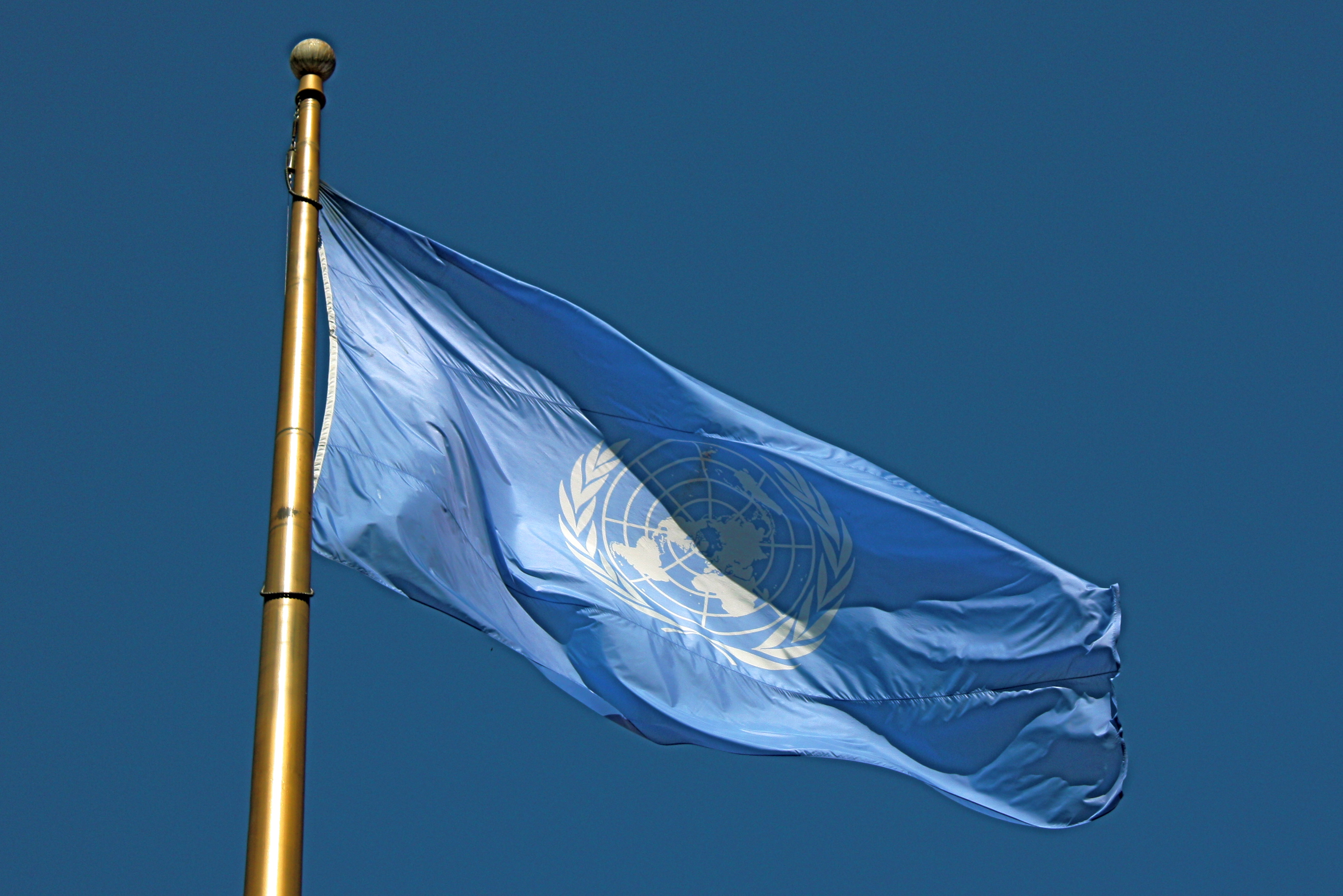Canada News
UN Security Council: Actually, the world doesn’t need more Canada

Canada only has 43 peacekeepers on UN duty, nearly the lowest number ever. (File photo by Makaristos/Wikimedia Commons, Public Domain)
Justin Trudeau’s government has egg on its face after losing its bid for a two-year term on the United Nations Security Council. With his famous vow that “Canada is back,” Trudeau made winning a Security Council seat one of the benchmarks of his foreign policy. In the end, the bid garnered even fewer votes than Stephen Harper’s losing effort in 2010.
What was especially notable is that Canada faced a strong campaign against its candidacy.
Groups and individuals who initially had high hopes for Trudeau ended up actively campaigning against Canada’s bid through a new organization, the Canadian Foreign Policy Institute. This marks a significant development. Minister of Foreign Affairs François-Philippe Champagne had few answers to criticisms from the most internationalist sectors of Canadian civil society.
Canada is used to winning. The country’s diplomatic self-image sees Canada as a peacekeeper, a generous donor, an independent and responsible voice in global affairs.
Few peacekeepers on duty
The trouble is, from outside the country, and increasingly from within, that self-portrait looks false. Canada only has 43 peacekeepers on UN duty, nearly the lowest number ever. Winning candidate Ireland contributes 523 and claims to have never missed a peacekeeping mission.
Canada spends a mere 0.27 per cent of its gross national income on overseas development, far short of the UN target of 0.7 per cent set by former prime minister Lester Pearson. Winning candidate Norway gives more than one per cent. Canada is rarely asked to mediate, and it’s seen, more often than not, as a supporter of United States policy.
Gap between rhetoric and action
There’s a vast gulf between Canada’s rhetoric and its actions. The world sees a Potemkin foreign policy, mostly for show. The standard example is arming Saudi Arabia on a massive scale, even as Trudeau talks about not wanting to do so. In practice, Canada aids and abets Saudi Arabia’s misogynist foreign policy, all the while boasting, with a touch of macho swagger, about its own “feminist foreign policy.”
“The world needs more Canada” has never been a convincing argument.
Let’s look at Canada’s three losing bids. Canada helped to shape the UN in the 1940s. Canadian leaders assumed they would win the seat reserved for a Commonwealth member. Instead, they lost to Australia, lauded for its advocacy for smaller countries and willingness to confront great powers. Red-faced Canadian diplomats withdrew from the field, though they were able to take the Commonwealth seat for 1948-49 unopposed.
Sought middle positions
In its first Security Council term, Canada sought middle positions on key issues such as the Indonesian independence struggle. Canada rejected Australia’s activist stance in favour of an effort to bridge U.S. advocacy for Indonesian independence and Dutch desires to keep their colony — this, in order to prevent Dutch-American divisions that might derail the birth of NATO in 1949. Canada even tried to block the Universal Declaration of Human Rights in 1948. This first term, in short, saw Canada act as North Atlantic ally.
Through most of its Security Council terms, Canada was loyal to its allies, though it tried to “constrain” U.S. foreign policy. Foreign ministers from Pearson to Joe Clark made it clear that Canada would mediate and advocate for developing nations only if it meant staying broadly in step with Washington and avoiding harm to Canadian business.
With the end of the Cold War, Canada was freer to take an independent stance. In a 1995 foreign policy review, many civil society groups called for a policy centred on human rights.
Land mines treaty
Under foreign minister Lloyd Axworthy, Canada used its Security Council term in 1999-2000 to promote “human security.” Though Ottawa still promoted Canadian business, Axworthy proved willing to diverge from U.S. foreign policy and ally with civil society networks. This led to a treaty to ban land mines, help for countries like Timor-Leste (formerly East Timor) emerge from colonial rule and the birth of the International Criminal Court (ICC).
Those policies were snuffed out under Stephen Harper. To the surprise of some, they did not make a comeback under Justin Trudeau. The tone changed, but the substance of Harper policies lingered. (Continuing the Harper government’s contract to arm Saudi Arabia is the classic example.) When Donald Trump attacked the ICC this month, Champagne did not join European allies in tweeting support for the ICC until after Security Council voting closed.
Canada was most effective during its last Security Council term when it teamed up with civil society. Twenty years on, with the gap between rhetoric and actions wider than ever, many civil society voices have become vocal critics.
There is a lesson here. As the rhetoric gap has grown, so too has the gap between Canada’s global affairs establishment and internationally oriented groups in Canadian civil society.
As Ottawa reviews its foreign policy, it will need to consider how it lost the confidence of what would once have been its strongest constituency.![]()
![]()
David Webster, Associate Professor of History / Professeur Agrégé, Département d’Histoire, Bishop’s University
This article is republished from The Conversation under a Creative Commons license. Read the original article.





















